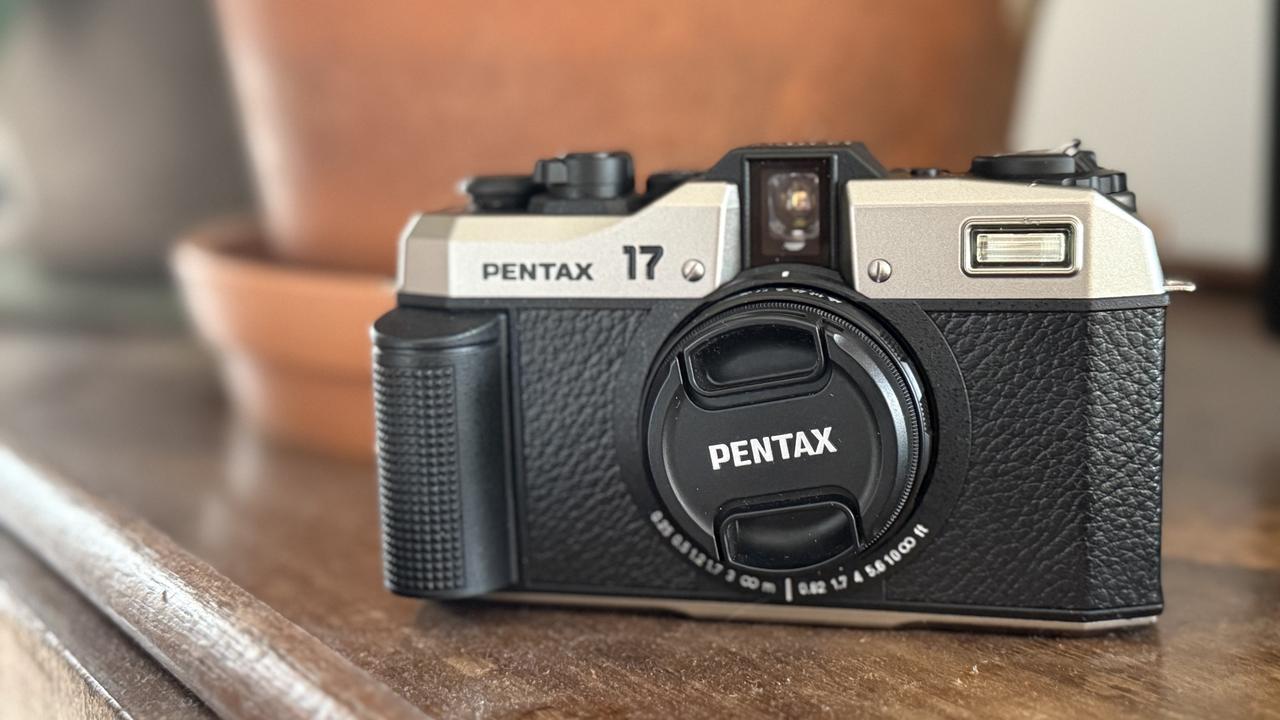India’s Ola and Russian inDrive have quit Australia, leaving only China’s DiDi to challenge Uber
International rideshare business Ola is the latest to quit the Australian market, leaving Chinese rival DiDi as Uber’s only significant competitor.
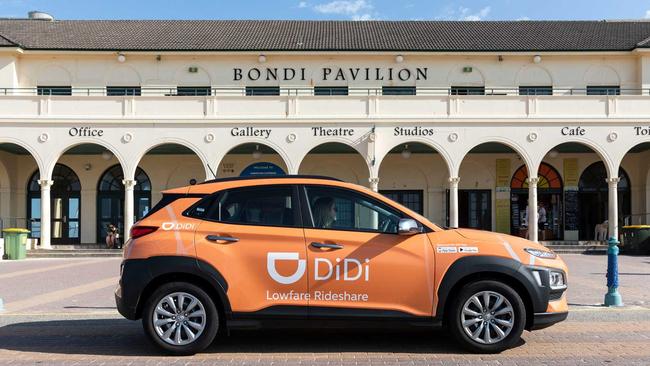
Australia has lost a second rideshare operator in just months while a court case plays out in Melbourne.
Ola has quit Australia, handing drivers and passengers a notice that it would pull its services across the country from April 12.
The move announced Tuesday has taken drivers and passengers but surprise and set alarm bells ringing at the Transport Workers Union, which fears some drivers may not get paid what they’re owed.
“This industry is cannibalising itself. Companies operating sustainable models that support workers are being forced out through unchecked supply chain pressure and exploitative competition from the likes of Amazon,” TWU national secretary Michael Kaine said.
“Ola’s exit shows how critical it is to get standards in place to lift pay and make transport gig jobs safe, secure and sustainable.”
The Indian multinational also appears to be withdrawing its services from New Zealand, as Auckland drivers have received a similar notification.
Ola’s exit comes just months after Russian competitor inDrive departed with little fanfare.
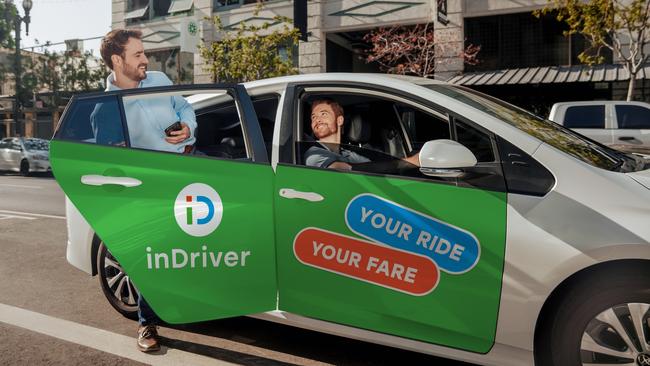
That departure arrived less than two years after it entered the market in March 2022, news which was at the time broken by The Australian.
At the time of launch, country manager Mike Chauhan, operating from Brisbane, told The Australian that inDrive was “the transparent, honest system which Australia has been waiting for”.
“Ride hailing is becoming unaffordable and a lot of people are being left stranded during peak hour times due to the prices being so expensive. We’re here to remove that inequality,” he said.
Mr Chauhan was referring to the company’s fare negotiation model of which its conditions weren’t always advertised as widely as the model itself.

Some advertisements run by the company showed passengers pulling $10 notes from their pockets while at airports to request a trip, and the money they would have otherwise spent on a rideshare trip on flowers for their partner. This was aired despite the fact that inDrive’s minimum fare was $20 and it did not take cash payment.
In January last year the company’s publicity agency offered data on the success of the service but never delivered it, and by November, Mr Chauhan had left to start a new role at tech hospitality platform TabSquare.ai. When asked about the InDrive’s departure, Mr Chauhan said he was not able to comment.
Last month, publicists for Chinese competitor DiDi, which entered Australia in May 2018, did not hold back when sharing with media that DiDi now offered a fare model similar to a former rival, even naming inDrive in correspondence.
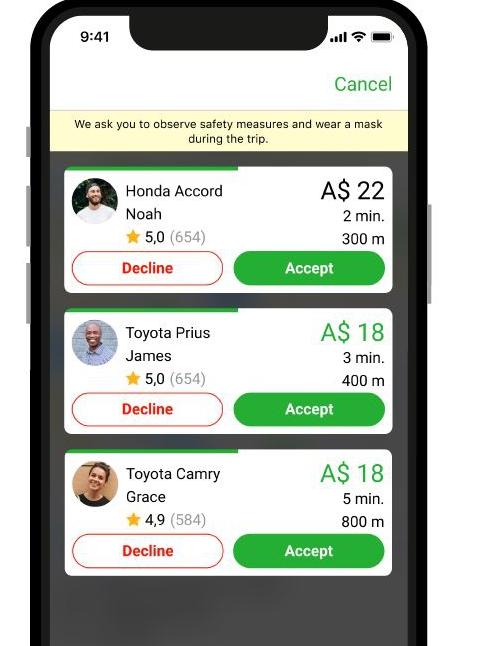
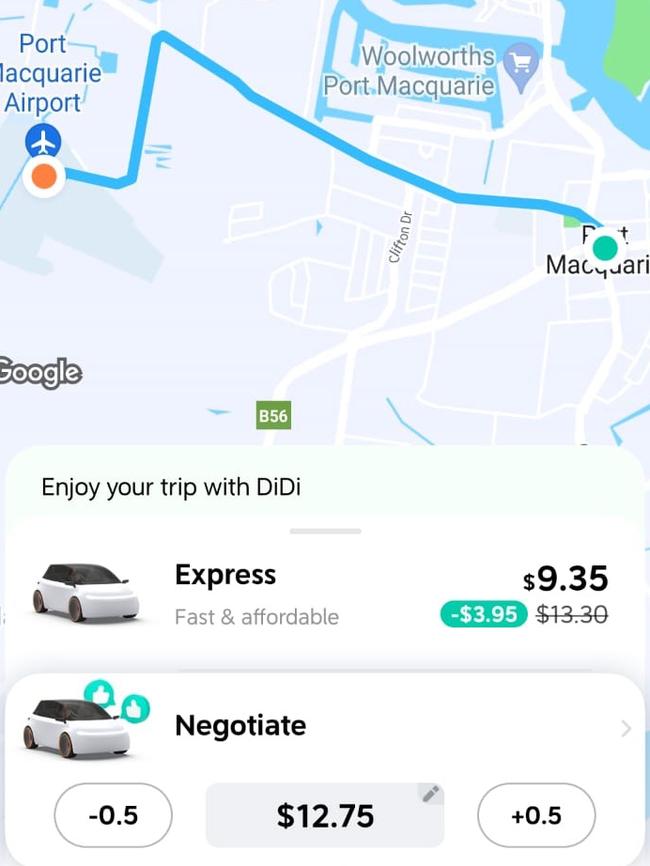
Company spokesman Dan Jordan said the new model would “empower drivers and riders”.
“DiDi Negotiate delivers true to its name. DiDi Negotiate offers drivers the flexibility to accept what they want to earn and riders the flexibility to accept a fare that’s within their budget,” he said.
“As Aussies continue to feel the cost-of-living pinch, DiDi Negotiate offers a new alternative to rideshare with fares suitable for everyone.”
Meanwhile in the Supreme Court of Victoria, John Sheahan, KC, has spent yet another day attempting to demonstrate to judge Lisa Nichols that now defunct rival GoCatch was a business that was failing before Uber’s illegal launch in Australia.
GoCatch, a former venture of Taxi Apps, is seeking hundreds of millions of dollars of compensation from the rideshare giant over its claims that Uber did everything in its power to kill its business between 2012 and 2014.
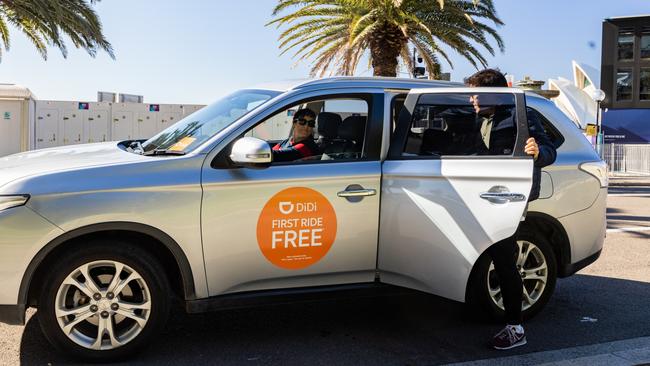
Mr Kaine said the TWU said it would seek an immediate meeting with Ola – whose spokespeople did not respond to The Australian – to ensure fair conditions would be reached for drivers.
“Workers in the gig transport economy have for too long been ripped off minimum wage and other rights, and put under deadly pressure to prioritise speed over safety when delivering food,” he said.
“We will seek an urgent meeting with Ola to seek the best possible outcome for affected rideshare drivers.”






